Each Episode of Apple TV's Roar, Ranked
-
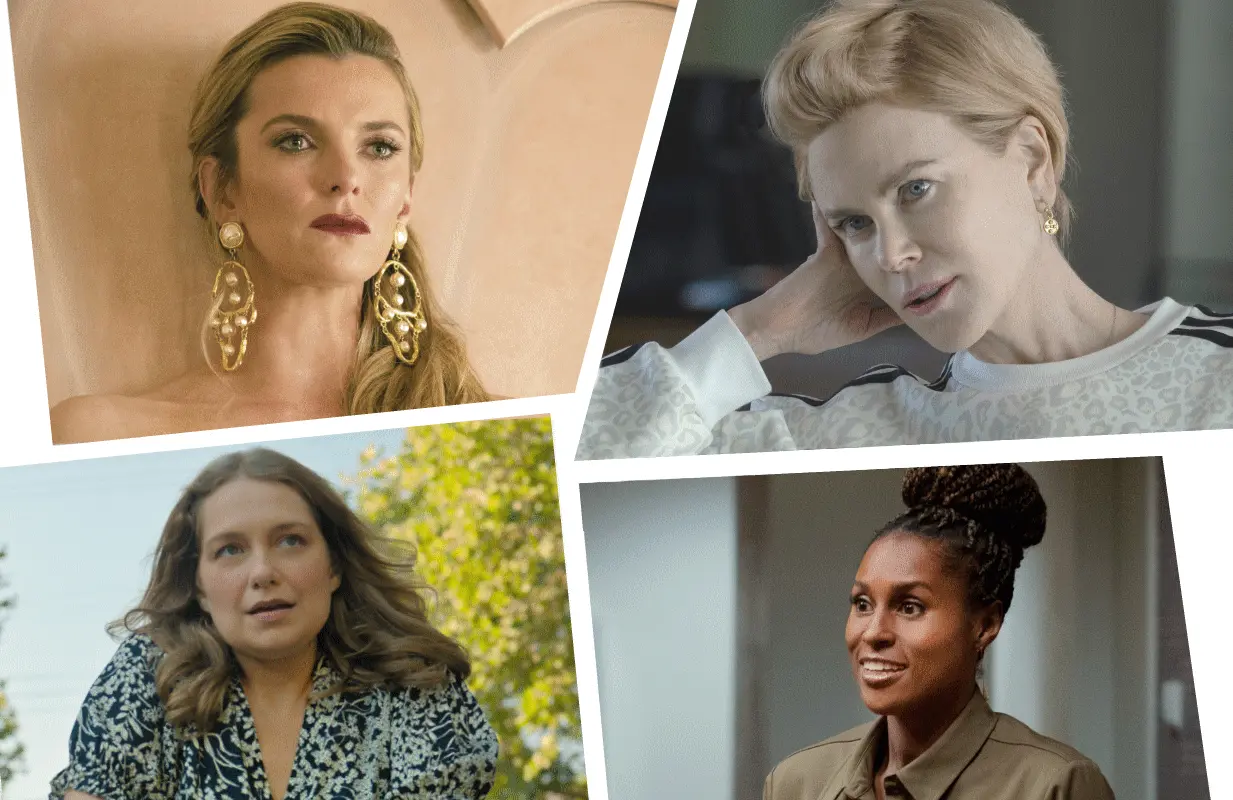 Photos: Aple TV+
Photos: Aple TV+In the new anthology series Roar, eight feminist tales are told in half-hour installments, each exploring a different concept through a rather heightened lens. Topics like post-partum anxiety, intersectionality, aging, and romance are told through magical realism, absurdist comedy, and — in one case — horror, with almost every one featuring a central metaphor that is conveyed literally. If an episode is called "The Woman Who Disappeared," you better believe the woman will actually disappear.
The series comes from creators Liz Flahive and Carly Mensch, who were behind Netflix's dearly missed GLOW, and it boasts, among others, Nicole Kidman as an executive producer. Kidman stars in one episode, among a roster of other performers that includes Betty Gilpin, Cynthia Erivo, Issa Rae, Merritt Wever, Alison Brie, Hugh Dancy, and Jake Johnson. As with any anthology, certain episodes will be stronger than others. We've taken the guesswork out of the equation by ranking of each of the show's episodes, from least-to-most efffective:
8. "The Woman Who Was Kept on a Shelf" (Episode 3)
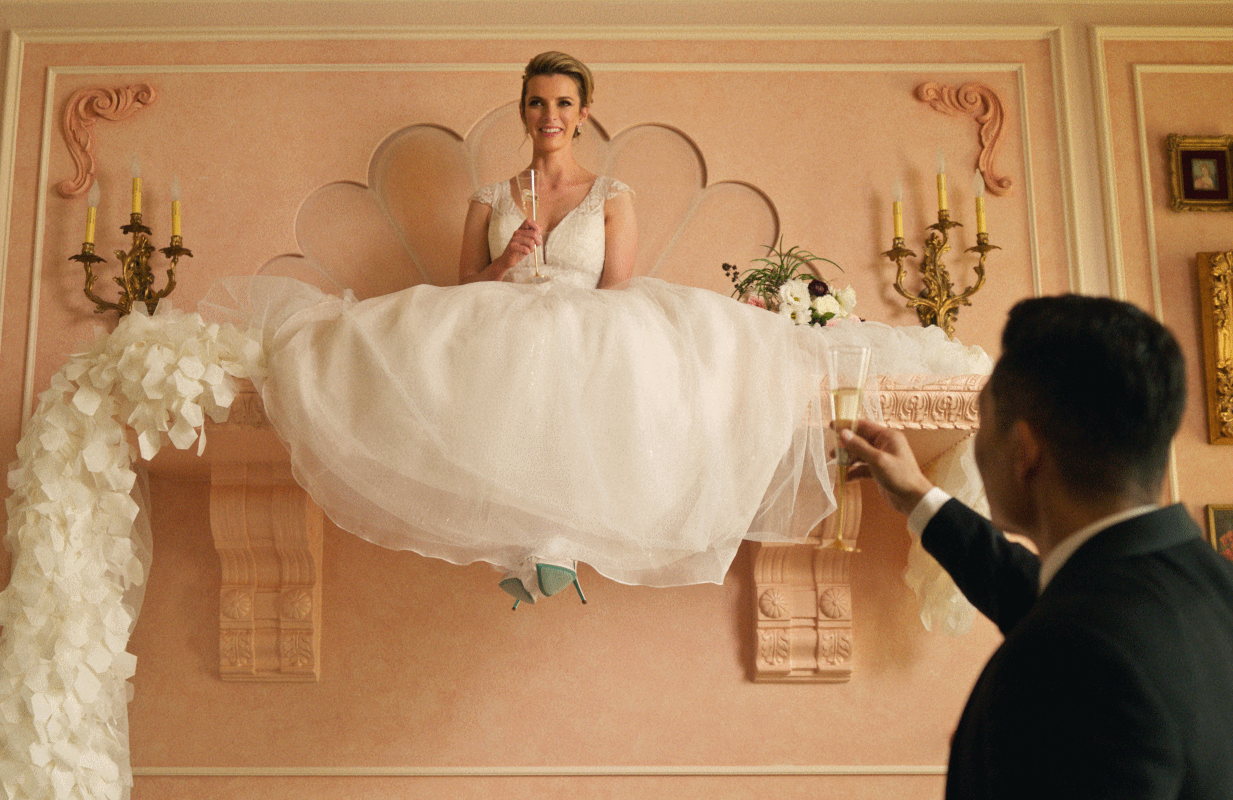
Betty Gilpin plays a woman who — you guessed it — is literally kept on an oversized mantle by her wealthy husband (Daniel Dae Kim) so he can gaze upon her all day. This episode is framed explicitly like a fairy tale, with the idea that the princess ideal that young girls are fed from their childhoods onward greatly messes with their sense of worth. It's a worthy idea, but in the end the episode feels like a one-note concept — what if a trophy wife were an actual trophy? — stretched out for far too long. Gilpin, the breakout star of Flahive and Mensch's GLOW, does a great job with what she's given, and the episode eventually rewards her with a dance sequence, but unfortunately the overall weaknesses of Roar as a concept are felt most strongly here.
7. "The Woman Who Disappeared" (Episode 1)
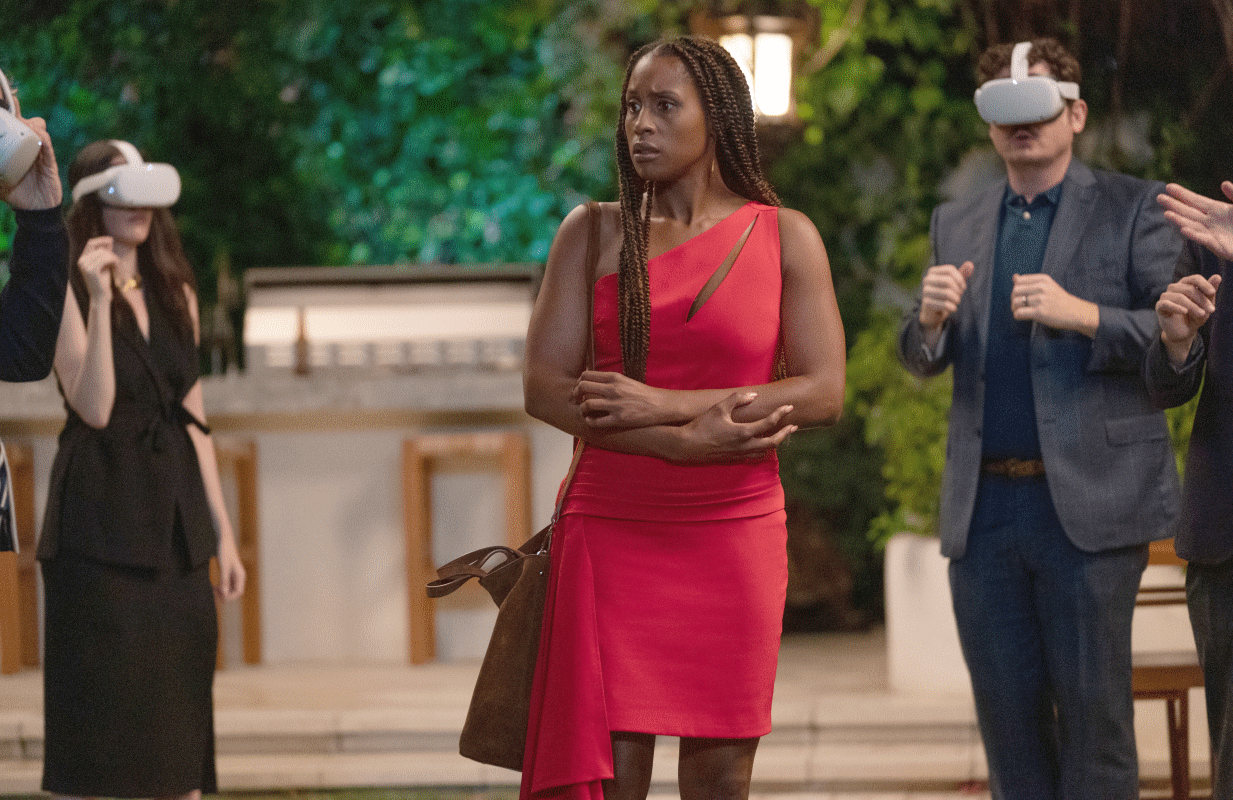
Issa Rae plays a writer whose memoir of her childhood is being optioned for a movie. Or what she thinks is going to be a movie. She's flown to L.A. and put up in a swanky rental house, but the experience of having her story handled by a bunch of soulless white opportunists is increasingly dehumanizing. The metaphor at work here — not feeling seen, being powerless to tell one's own story — is pretty simple, and once you see where it's going, the episode doesn't really deviate from that path, but Rae sells her role with conviction and empathy.
6. "The Woman Who Returned Her Husband" (Episode 5)
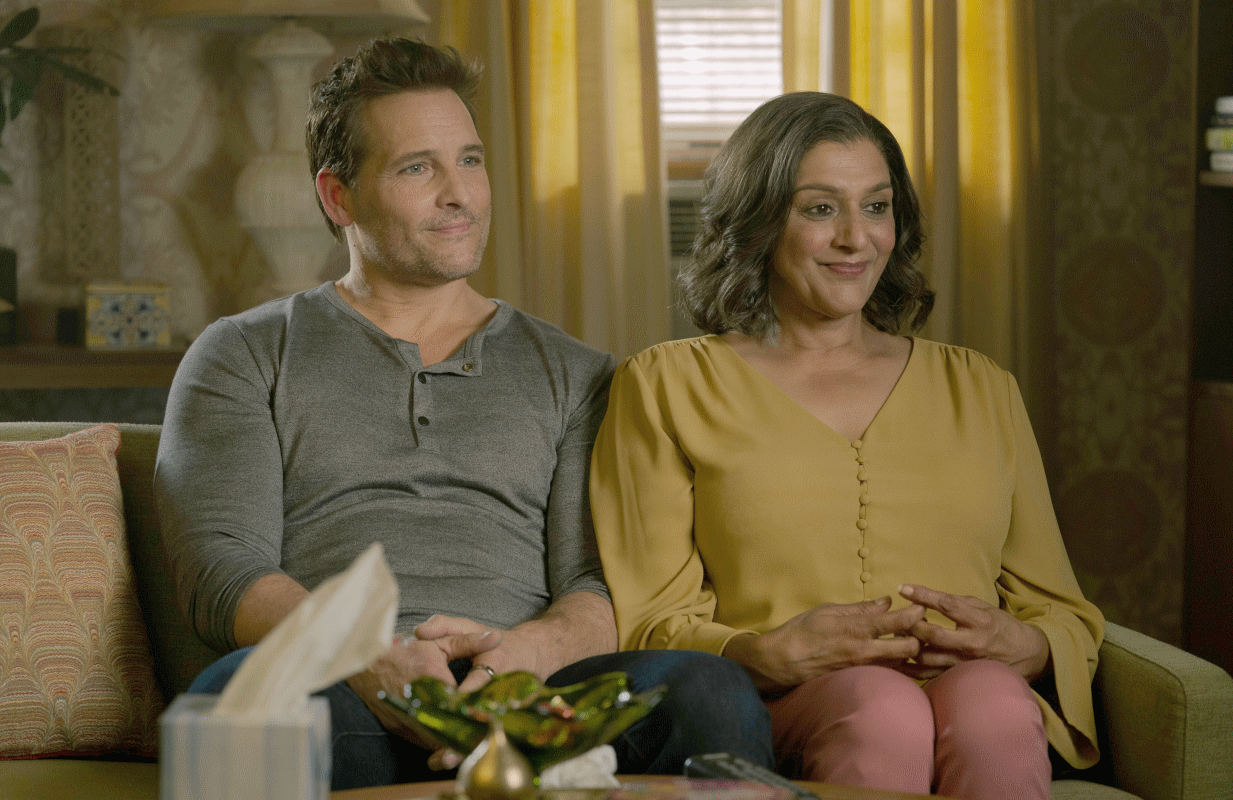
What if you could bring your husband back to the store and exchange him for a different model, like a Home Depot for spouses? That's the conceit of this bittersweet domestic comedy, starring Meera Syal as a 60-year-old woman whose husband (Bernard White) is neither appreciating nor fulfilling anymore. So she takes her friends' advice and exchanges him for a younger, more attentive model (Peter Facinelli!). What follows is a fairly standard-issue "be careful what you wish for" morality tale, but it does eventually feature Tony winner Julie White as the woman's across-the-street neighbor, so there's that.
5. "The Woman Who Ate Photographs" (Episode 2)
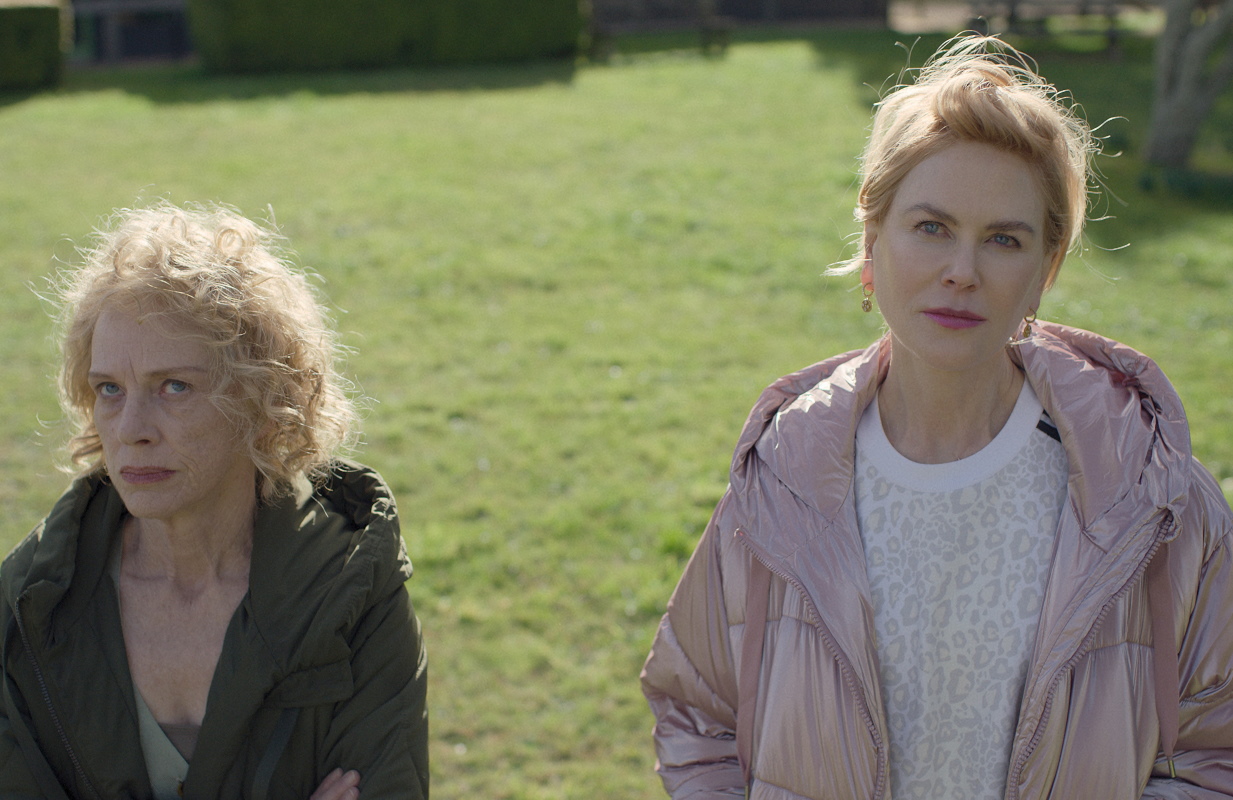
Nicole Kidman (plays a wife and mother whose own mother, played by Judy Davis, comes to live with her due to the onset of dementia. Kidman and Davis (two Aussie actresses actually getting to play Australian, which isn't all that common in their careers) embark on a fairly strained and stressful road trip, and along the way, Kidman's character dips into the family photo album and, as the title suggests… well, eats them. To preserve the memories inside her. At this point in the series, we're already used to the metaphors in the episode titles becoming quite literal, but it remains a lot of magical realism to take for an episode that might have otherwise simply relied on the titanic talents of actresses like Kidman and Davis to carry the story.
4. "The Girl Who Loved Horses" (Episode 8)
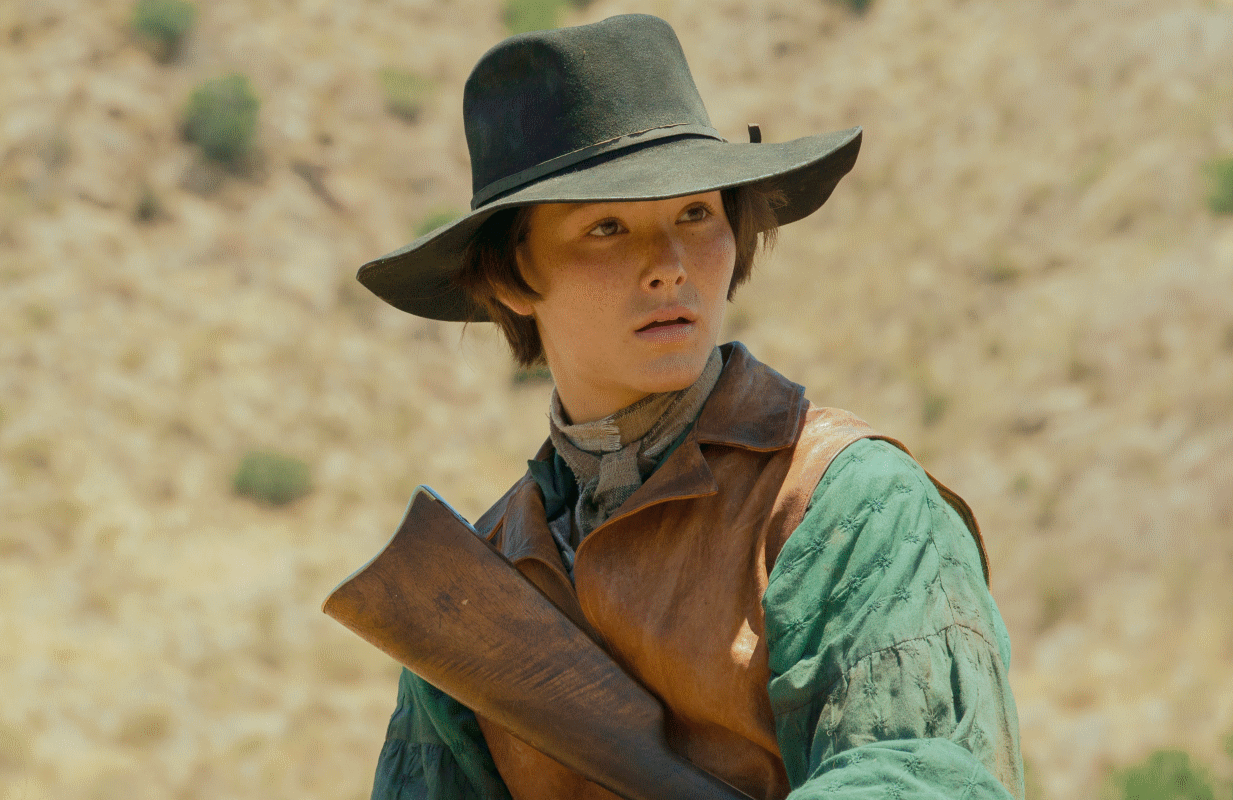
Atypical's Fivel Stewart stars in a kind of modernized Western that's set in the past but with the sensibility and language of modern day. She's a young girl out to avenge her father, and along the way she ends up tethered to the local preacher's daughter, played by Moonrise Kingdom star Kara Hayward. The setup is True Grit without the grizzled old man, but it's mostly about these two young girls finding the angles at which they align, and while the actor who shows up at the end to play the man Stewart's character needs to kill is the episode's biggest gag, the heart lies in Stewart and Hayward's sweet, prickly friendship.
3. "The Woman Who Was Fed By a Duck" (Episode 6)
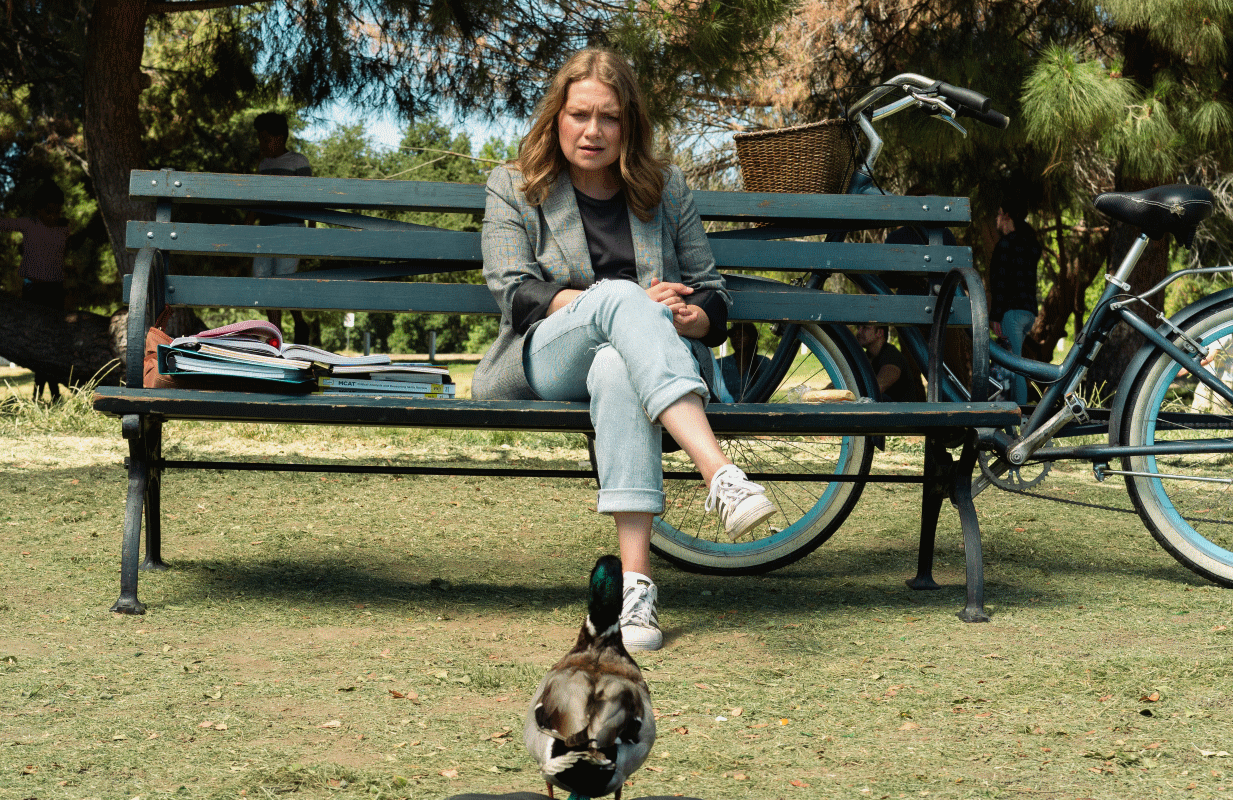
Although it's Roar's designated romantic comedy installment, this episode more twisted and surreal than simply boy-meets-girl. In this case, it's girl-meets-duck. Yes, literally, Merritt Wever plays a woman who's too busy studying for the MCATs and too disillusioned by the dating scene to find a boyfriend, so she's taken to sitting by the duck pond to study every day. Which is where she meets an incredibly confident, flirty, and charming duck who can talk to her (or whose thoughts she can hear?). A deeply unconventional romance follows, not a swoony fairy tale but a more quotidian domestic tale, which only heightens the strangeness of one half of this couple being a duck. As a viewer, you spend most of the episode quietly obsessing over one question in your head ("is… she gonna have sex with that duck?"), but while you're obsessing, the episode sneakily veers off into less swoony territory.
2. "The Woman Who Solved Her Own Murder" (Episode 4)
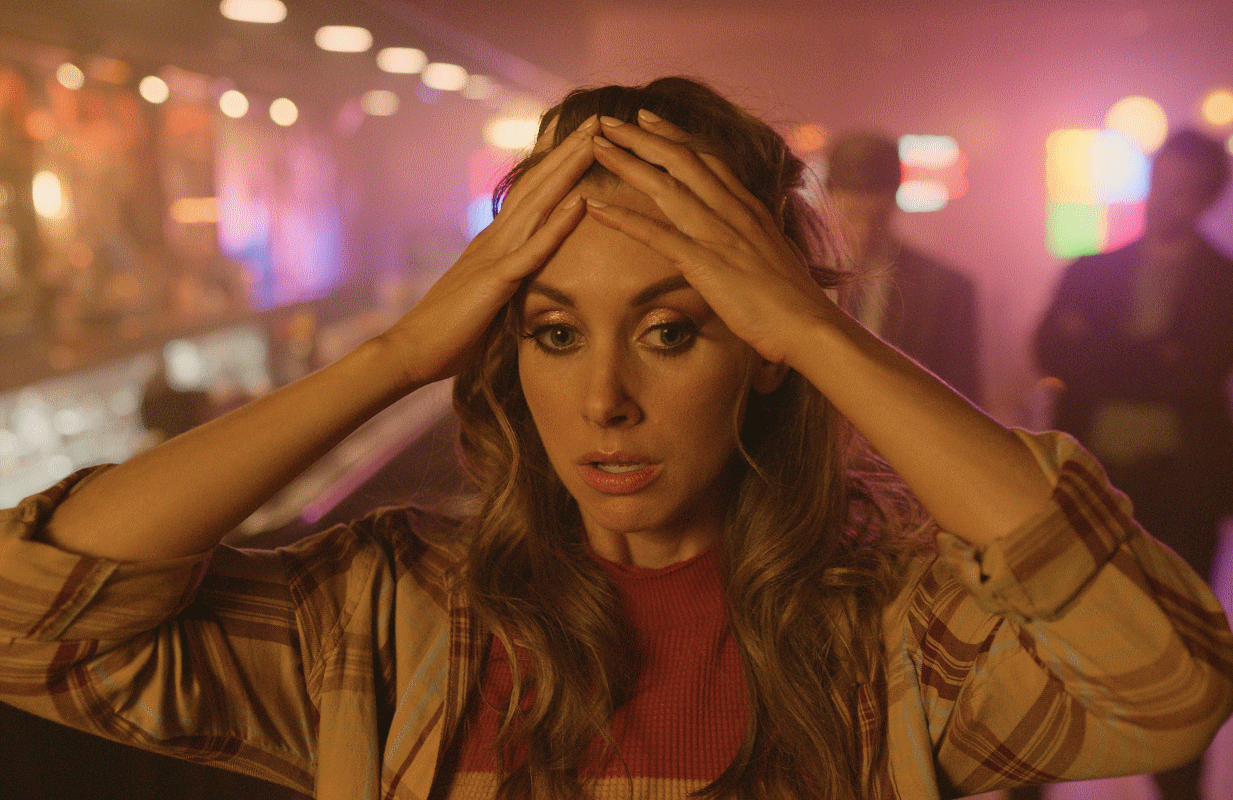
The premise here is effectively simple: it's a parody of True Detective-style crime fiction where two hard-boiled detectives try to solve the murder of salaciously butchered and sexually exploited woman through the prism of masculinity. Only this time the victim, played by Alison Brie, is still around as an ever-more-corporeal spirit (think Patrick Swayze learning to push a dime in Ghost) who eventually realizes that if her murder is going to get solved, she's going to have to do it herself. The performances here are great, starting with Brie but also Hugh Dancy and Chris Lowell playing the detectives, plus Saturday Night Live's Ego Nwodim as a put-upon sheriff. And although the metaphor isn't exactly subtle, it manages to steer clear of being too didactic… right up until the final few minutes. So close!
1. "The Woman Who Found Bite Marks on Her Skin" (Episode 7)
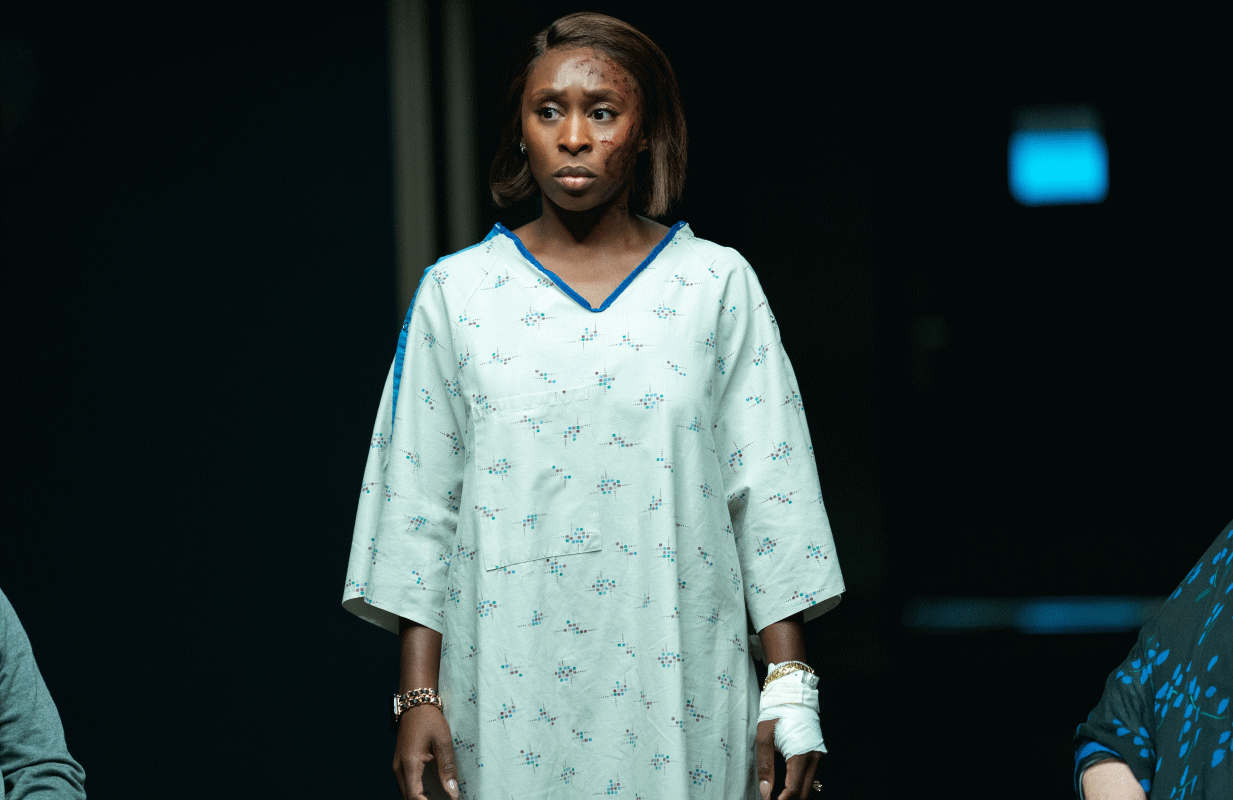
With so many Roar episodes, the magical realism combined with the ways in which culture makes it hard for women leave the viewer wondering why this isn't just a horror anthology. This episode finally scratches that itch (so to speak), with the great Cynthia Erivo playing a mother of two just returning to her high-stress, high-powered marketing job after maternity leave from her second kid. She's dealing with some significant post-partum trauma as well as the rather common sense of guilt that comes with leaving your kids every day to go to work, and that's all before the increasingly gnarly-looking bite marks start appearing all over her body. Erivo is fantastic in a role that absolutely could support a feature-length film, as is Jake Johnson as her husband. The episode — directed by Rashida Jones — is mired in psychological stress and body horror and is an easy standout for best of the series.
All eight episodes of Roar drop on Apple TV+ Friday April 15th.
People are talking about Roar in our forums. Join the conversation.
Joe Reid is the senior writer at Primetimer and co-host of the This Had Oscar Buzz podcast. His work has appeared in Decider, NPR, HuffPost, The Atlantic, Slate, Polygon, Vanity Fair, Vulture, The A.V. Club and more.
TOPICS: Roar, Apple TV+, Alison Brie, Chris Lowell, Cynthia Erivo, Hugh Dancy, Jake Johnson, Merritt Wever, Nicole Kidman
- Roar is what happens when a group of five-star chefs combine their talents and end up making a garbage plate
- Merrit Wever has not watched her Roar sex scene with a duck
- Apple TV+'s Roar fees like something an AI regurgitates after spending too much time on Twitter
- TV Today: Josh Brolin Headlines Outer Range, Showtime Bows The First Lady